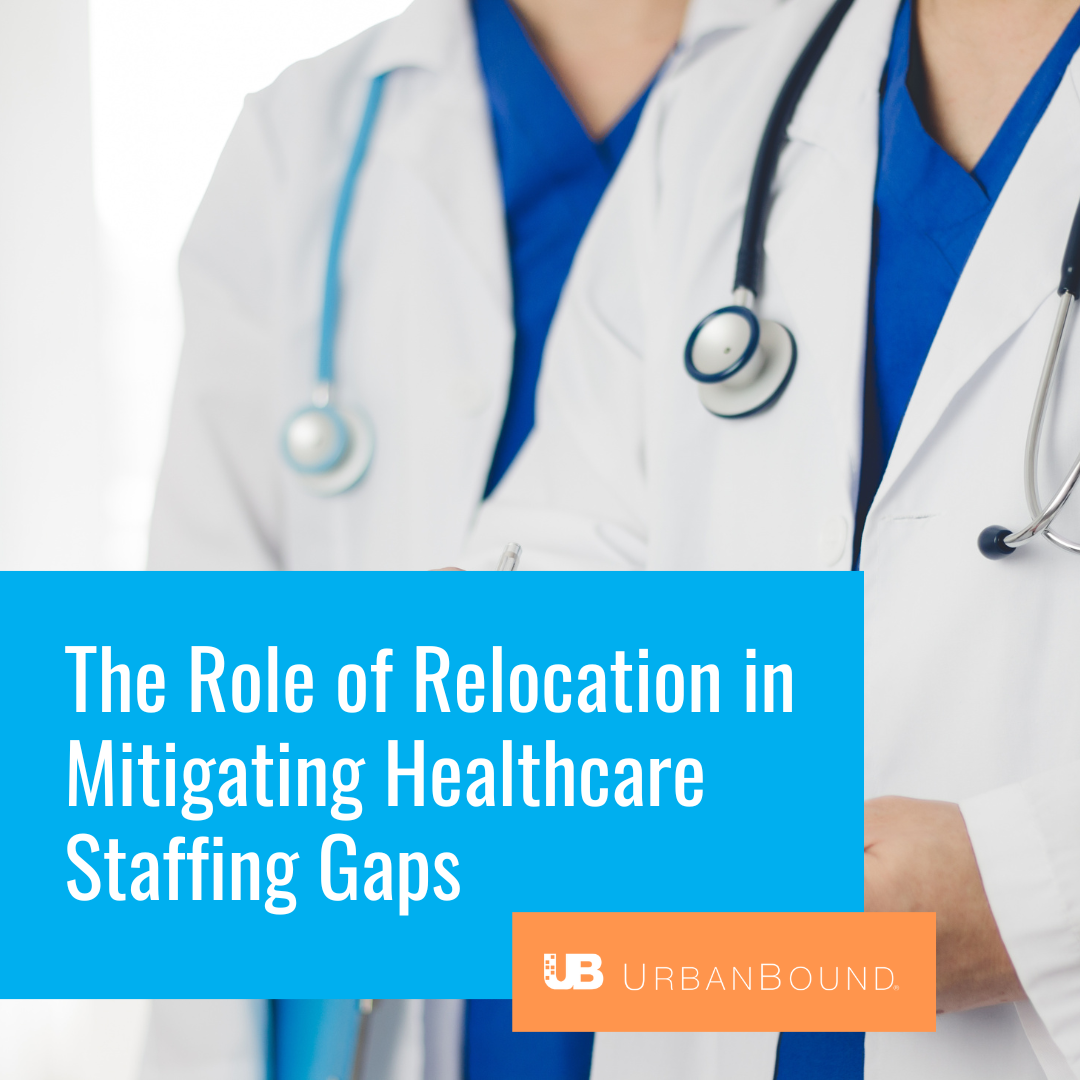
According to the most recent jobs report, the healthcare industry is currently grappling with two job openings for every new hire. That is quite a staffing gap, even for this famously talent-strapped sector.
Fortunately, a strategic relocation program can help hospitals and other healthcare employers ease their staffing shortages, both by widening the scope of their talent searches and increasing their appeal to candidates.
Keep in mind: not all healthcare employers currently offer relocation benefits. For example, last year, only 62% of new physician job offers included relocation assistance, according to a recent physician compensation study.
When you offer a relocation program, you stand apart. And when your program includes actual relocation services, it’s an even greater competitive edge.
Learn why relocation benefits matter to healthcare professionals in the job market—and how to maximize your program’s appeal.
Relocation Programs Help Get Candidates to “Yes!”
For most people, the prospect of switching jobs is daunting enough, let alone when it involves moving to a new area.
But when a job offer includes relocation assistance, the thought of a move feels like less of a challenge and more like an adventure.
The most compelling relocation programs include more than a relocation allowance: they also provide expert guidance and support.
For example, a hospital may choose to provide incoming physicians with a “white-glove” experience that includes a personalized move assessment and the services of a relocation specialist.
As for nurses/AAPs, that same hospital might sweeten a lump sum payout with access to a network of pre-screened suppliers, ensuring an easier move.
Either way, when you offer candidates relocation benefits as well as a job offer, it helps them see past the short-term stress of moving to the prospect of a bright future with you.
Relocation Programs Help Fill Gaps Faster
As you know, healthcare recruiting is a lengthy process. At the physician level, searches often take from six to 18 months—before relocation. Even travel nurses, who choose an itinerant lifestyle, need time to arrange a move.
In either case, as soon as an agreement is reached, you want to get those new hires onsite. And the best way to accomplish this is by facilitating a smooth, speedy relocation.
Now, some relocation providers move faster than others, and tech-based providers lead the pack. For example, on the UrbanBound software platform, many tasks are automated, communication is simplified, and expenses are tracked automatically—all which keep the process moving.
